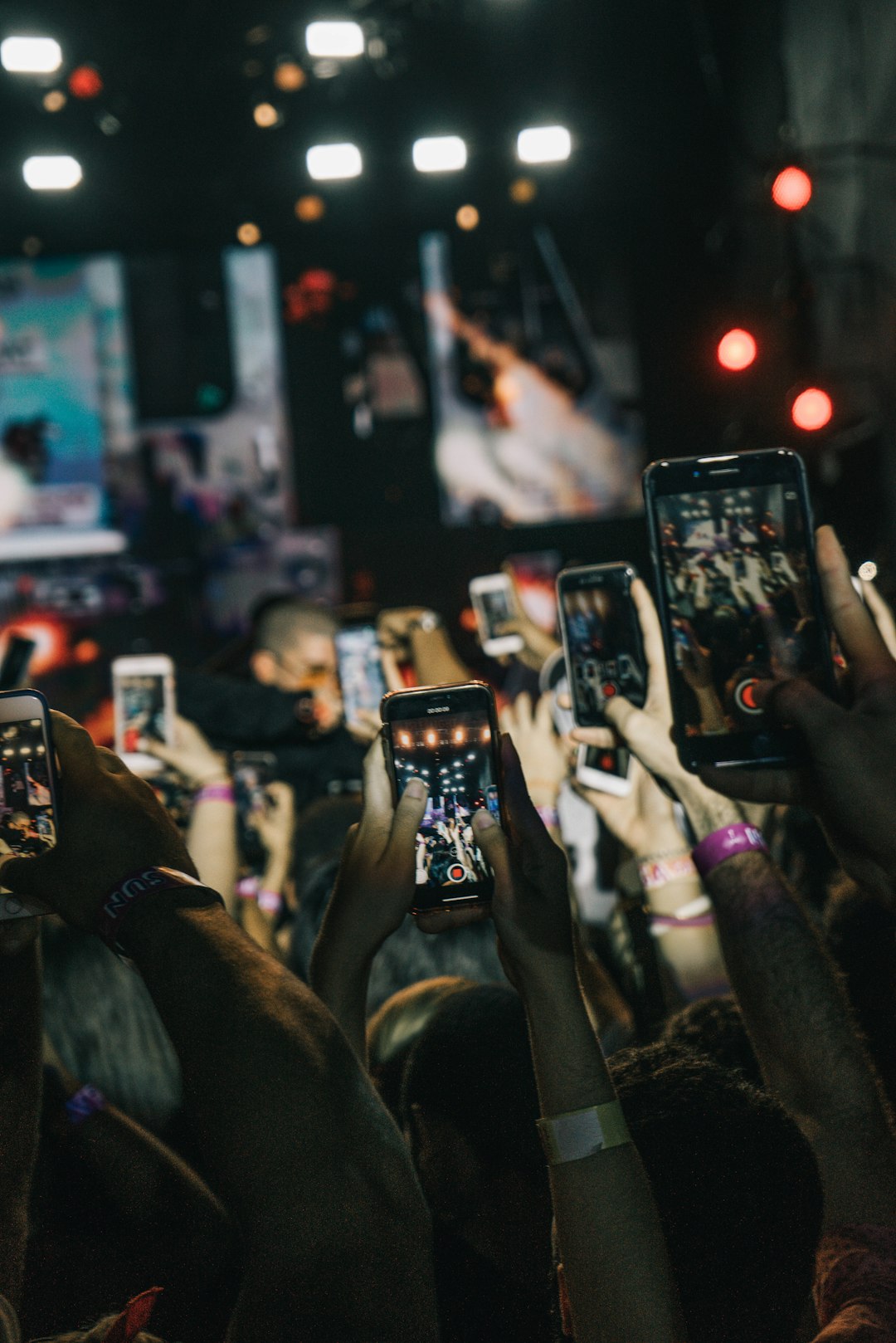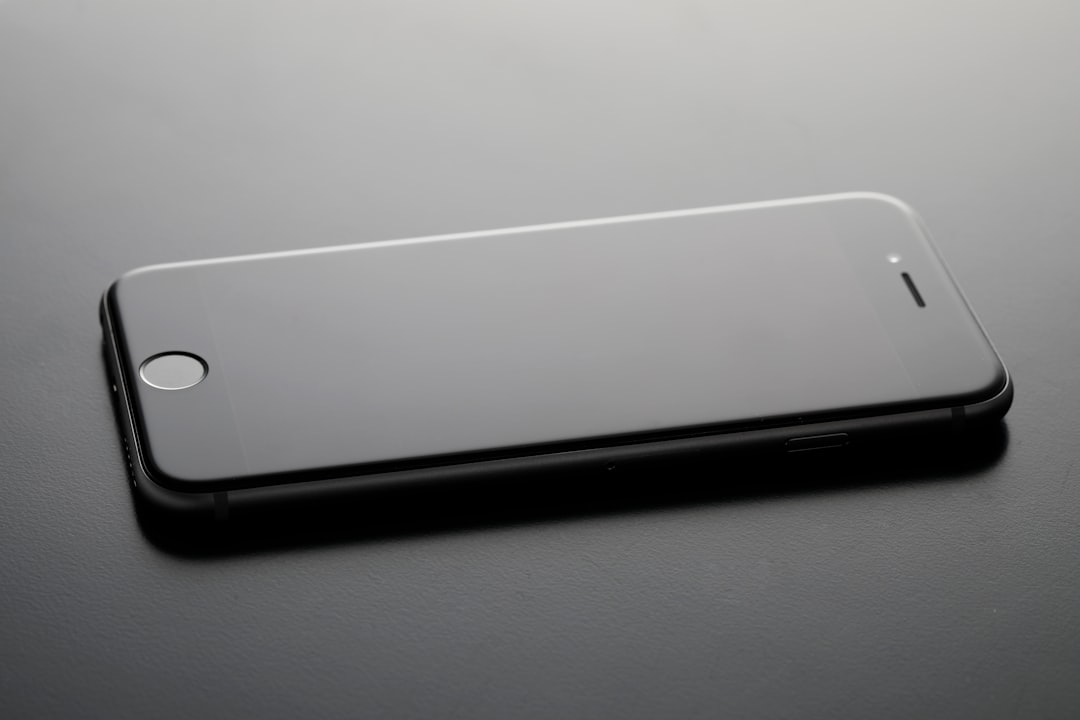
Mr. Magorium: 37 seconds.
Molly Mahoney: Great. Well done. Now we wait.
Mr. Magorium: No. We breathe. We pulse. We regenerate. Our hearts beat. Our minds create. Our souls ingest. 37 seconds, well used, is a lifetime.
Do a quick search for “productivity” on Google. You will likely find hundreds of thousands, if not millions, of articles, books, methods, apps, programs, and entire websites devoted to the topic. There is no shortage of advice about getting more done. From GTD to the Bullet Journal to the thousands of To Do list apps in app stores, there are countless systems designed to help you do more in 24 hours.
I’ve tried my fair share of productivity hacks, systems, plans, and more. What I’ve discovered is that most of these systems don’t stick and maintaining many of these systems is harder than the tasks that you actually need to get done. Among the endless advice about how to get more done, I’ve found something that helps me focus on what’s truly important. The secret that helps me to be more productive is to take time to do nothing. Before you dismiss this as something silly or stupid, let me explain further.
A few years ago, I spent a weekend camping with my wife’s extended family in Idaho near the Snake River. I love spending time outdoors, whether I’m running, biking, camping, hiking or something else. Nature is great! We relaxed by the river, skipped rocks, talked with family, and just enjoyed the great outdoors together. The first morning we were up there I went fishing with some of my brother’s-in-law.
I actually didn’t do any fishing because I didn’t have a fishing license and I didn’t bring any gear. I still wanted to go out and spend some time on the river, so I borrowed some waders from my wife’s brother and went out with them anyway. While they fished, I enjoyed wading around in the river, skipping rocks and generally doing nothing.
There were a thousand things that I could have done if I had stayed home instead of going camping. I needed to finish some homework, write a paper for school, finish blog posts, clean the apartment, there were dishes in the sink, bills to pay, things to fix and much more. My todo list was pages long and the nagging feeling that I needed to get something done was always there. Yet here I was standing in a river in Idaho doing absolutely nothing!
The time passed quickly and quietly. The sun warmed me as it rose higher in the sky. The water was cool but not cold as it rushed past my legs. Bugs were sparse and there was plenty of river to explore. I spent my time watching birds, feeling the strength of the river’s current and breathing in the cool, fresh air.
According to productivity common sense, I was “wasting time”.
Although many would have seen this as a waste of my time, this experience at the river left me rejuvenated and full of a calm peace. When we got home from the trip I felt refreshed and ready to face work and school with a renewed sense of commitment and vigor. This little getaway to nature eased my mind, fed my soul and refreshed my body. It was a much needed break from all the going and doing.
Doing nothing, in its many forms, is often seen as a bad thing in our busy world. Even when we’re relaxing on a weekend or a day off, we still somehow find something to do. We check email, clean the house, browse the internet, watch TV, work on little projects, do laundry, and on and on.
Don’t get me wrong, I’m not saying we shouldn’t do these things. We need clean clothes, a clean house, and it’s fine to watch some TV and check your social feeds from time to time. But I believe that like every animal and machine, we need to power down, take a break, and do nothing every once in awhile. I’m not talking about sleep or naps, though a healthy amount of sleep does wonders! I’m talking about simply doing nothing. Sounds easy, right?
Unfortunately, it’s harder than it seems. When I was out on the river I could have been discussing fishing, worrying about bugs or snakes, feeling bad that I didn’t have a fishing license, or thinking about things to do at home. Instead I chose to just walk around with no agenda, no direction, and no objectives. I waded around, wandered on the shore, watched guppies swim around and enjoyed the moment. Technically I was doing something, but it was all spontaneous. As Mr. Magorium suggested in the quote above, sometimes we need to appreciate these moments of doing “nothing”: “We breathe. We pulse. We regenerate. Our hearts beat. Our minds create. Our souls ingest. 37 seconds, well used, is a lifetime.”
That day out on the river I learned first-hand what Mr. Magorium meant by a well used 37 seconds. I learned to breathe, pulse, regenerate. I discovered what it means to really stop my busy life and let my heart beat, my mind create and my soul ingest. This was a beautiful experience for me. I learned to love this moment, to be in the here and now. This is not an easy thing to do and I have yet to master the skill of living and being in the moment. But while the river rushed around my legs I admired the beauty of it all and just let myself be. I was part of the scenery. I wasn’t doing. I was just being. And that moment of just being was a precious gift to my mind, body and soul.
When I returned to “real life”, I felt refreshed, lighter, and more alive. It was as though I had absorbed the life around me. I hope to create more of these “37 second” moments where I don’t have to focus on doing or worrying about anything. I can sit still, breathe in the life around me and use my precious time to rejuvenate and lighten myself.
I challenge you to try something similar. Take some time and do nothing. Just let yourself be, with no cares, no tasks and no worry. Give time for your body to rest, your mind to create and your soul to heal.



